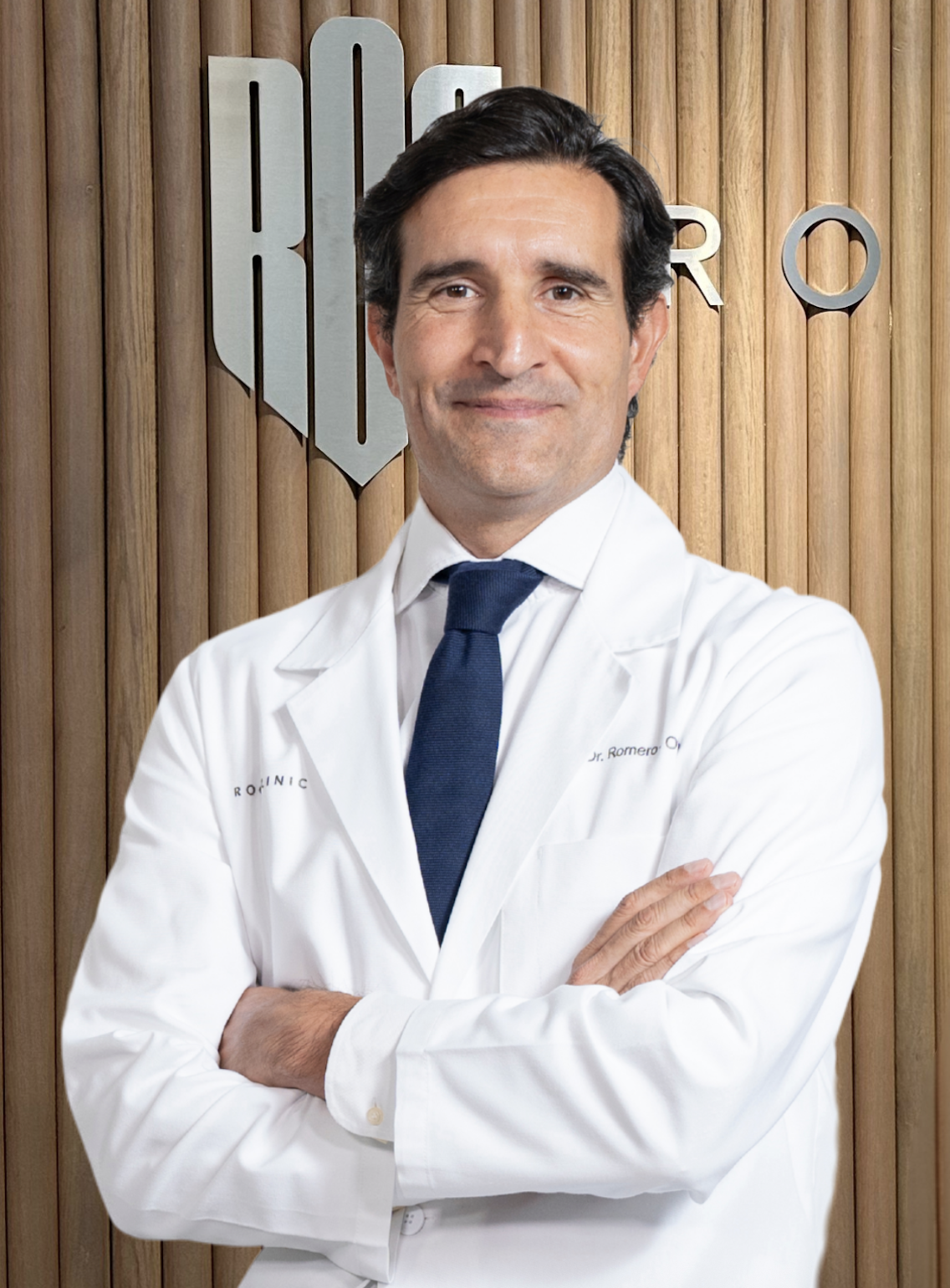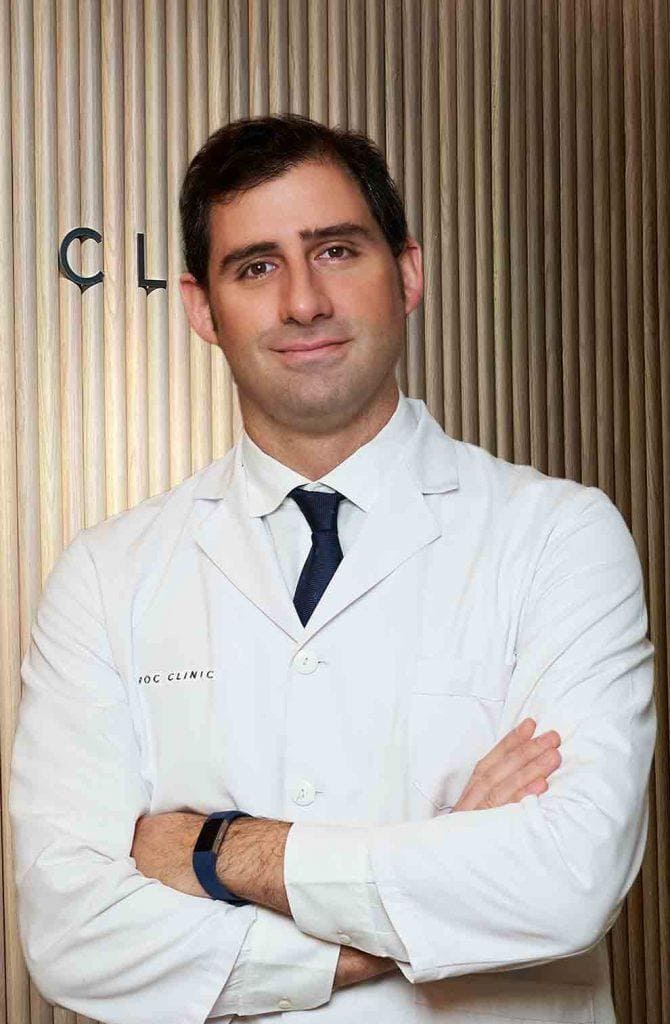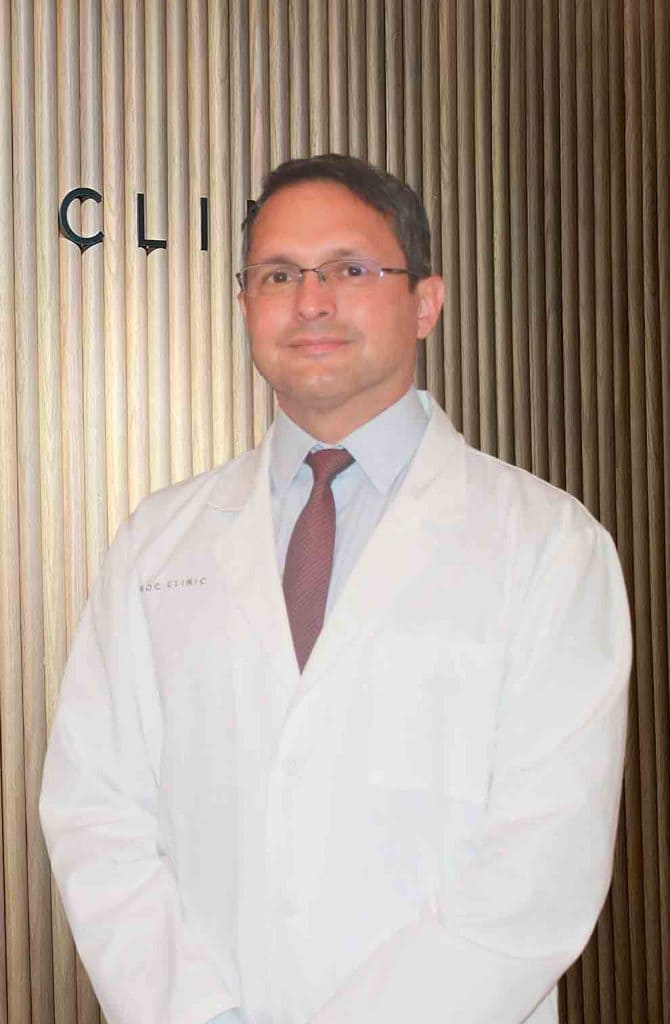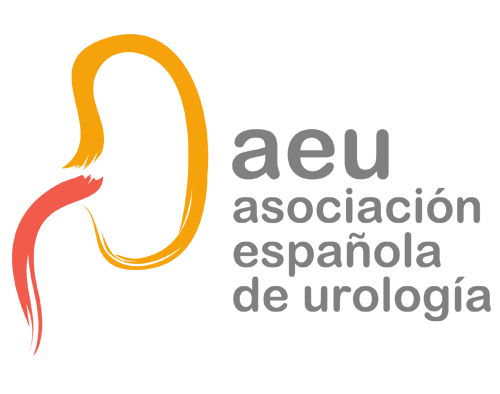Symptoms and causes Testicular Cancer
The testicular tumor usually manifests as a testicular nodule that can be detected by self-examination.
Testicular cancer metastasizes early, so it can present with the symptoms produced by metastasis.
- Super-specialized urologists
- Personalized treatment
- Minimally invasive approach
- More than 16,000 patients successfully treated
Symptoms of testicular cancer
The testicular tumor usually manifests as a solid and generally painless testicular nodule that can be detected by self-examination. It is uncommon for it to debut as hemospermia, that is, with blood in the semen. Scrotal pain is also rare, but can occur in cases of bleeding or intratumoral ischemia.
Testicular cancer is fast-growing (days or weeks) and usually depends on the testicle, although it can affect neighboring structures. Testicular cancer metastasizes early, so it can present with the symptoms produced by metastasis. For this reason, early diagnosis is essential to avoid progression of the disease.
In 7% of cases, gynecomastia or breast growth appears in the male. Infertility and hypogonadism (decreased sex hormones) may also occur.
In advanced cases general symptoms may appear, such as weight loss, absence of appetite or lumbar pain secondary to the appearance of the tumor mass in the retroperitoneum. This occurs because the lymphatic drainage of the testicles occurs at the level of the lymph nodes surrounding the aorta artery and the vena cava.
Causes of Testicular Cancer
The incidence of testicular cancer has increased during the last decades, especially in industrialized countries, possibly in relation to genetic disruptors (pollution, chemical agents in water and food, etc.).
In addition, different genetic alterations associated with testicular tumor development and multiple risk factors have been described:
- Testicular dysgenesis syndrome: Alterations in testicular development due to different causes that increase the risk of testicular cancer and cause infertility due to problems in the correct functioning of the testicles.
- Cryptorchidism: The testicles form in the embryonic stage inside the abdomen and must descend into the scrotum through the inguinal canal. This happens between the third trimester of pregnancy and the first months of life. The absence of this complete descent of the testicles with a stoppage of the descent at different levels between the abdomen and the scrotum is called cryptorchidism.
- Klinefelter's syndrome: Genetic disease in which a male is born with at least 1 extra X chromosome (XXY). It includes, among other manifestations, hypergonadotropic hypogonadism, gynecomastia, infertility and increased risk of testicular cancer.
- First-degree family history of testicular tumor.
- Tumor in the other testicle.
They ask us in the Consultation
When is the use of robotic surgery recommended?
Robotic surgery is recommended in a variety of situations where its advantages can significantly improve patient outcomes compared to traditional open or laparoscopic surgery. It is considered especially beneficial in complex procedures where high precision and surgical dexterity are required in confined spaces, in patients with comorbidities and/or when urinary or erectile function is sought to be preserved.
I notice a lump in my testicle, could it be a tumor?
It can be many things. Testicular tumor is rare, but we know that a timely diagnosis is almost 100% curative. Therefore, ask for a visit so that we can explore you and do an ultrasound.
Can testicular tumor be cured?
Yes, the vast majority of testicular cancers are curable. The earlier we make the diagnosis, the better the chances of cure with minimal treatment.
What is the treatment for testicular cancer?
First we perform surgery to determine the type of tumor and its local extension. Then, depending on various factors, other treatments may be necessary.
Team of the Testicular Cancer Unit
Newsof ROC Clinic in Testicular Cancer
Research
Metastatic testicular cancer presenting with hematuria and flank pain

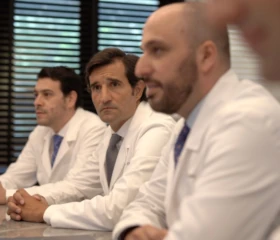
 +34 912 627 104
+34 912 627 104 Contact
Contact